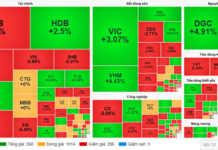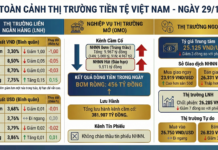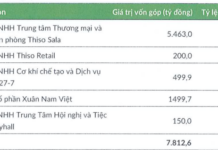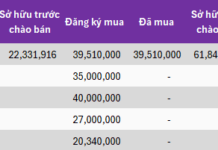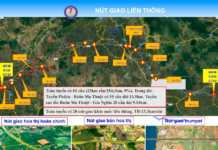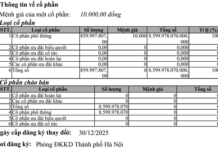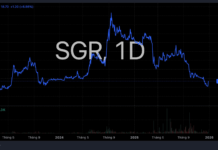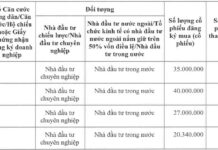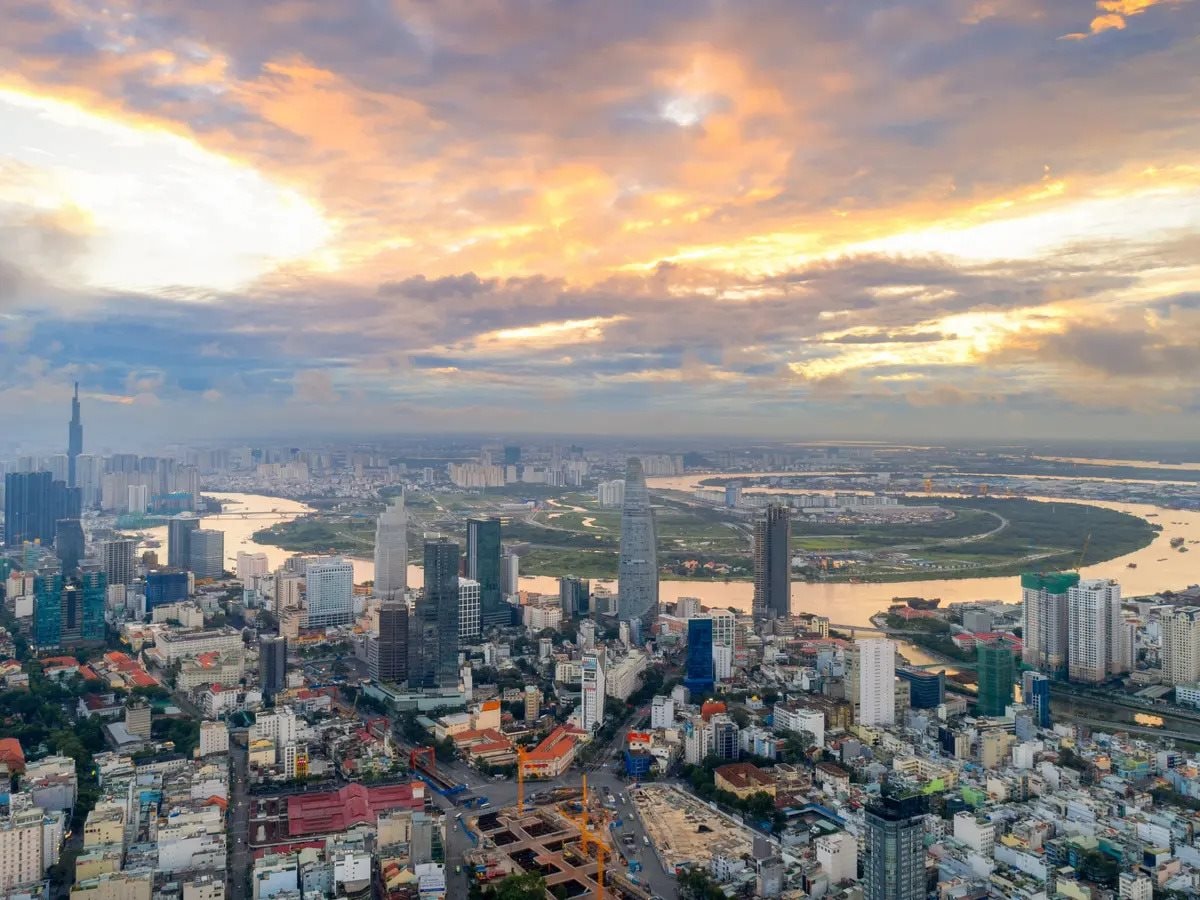
The report, titled Asia Power Index, is an annual publication by the Lowy Institute in Australia. It evaluates the power of nations across the Asia-Pacific region, covering 27 countries and territories, including the US, Russia, Australia, and New Zealand. The report utilizes a comprehensive set of 133 indicators, assessing economic resources, military capability, diplomatic influence, cultural impact, and future resources.
In the 2024 report, Vietnam has improved by 1.2 points in overall power compared to 2023 and ranked 12th this year.
Vietnam performed best in the diplomatic influence metric, ranking 8th, thanks to its proactive and diverse diplomatic engagements. This is a one-rank improvement from the previous year.
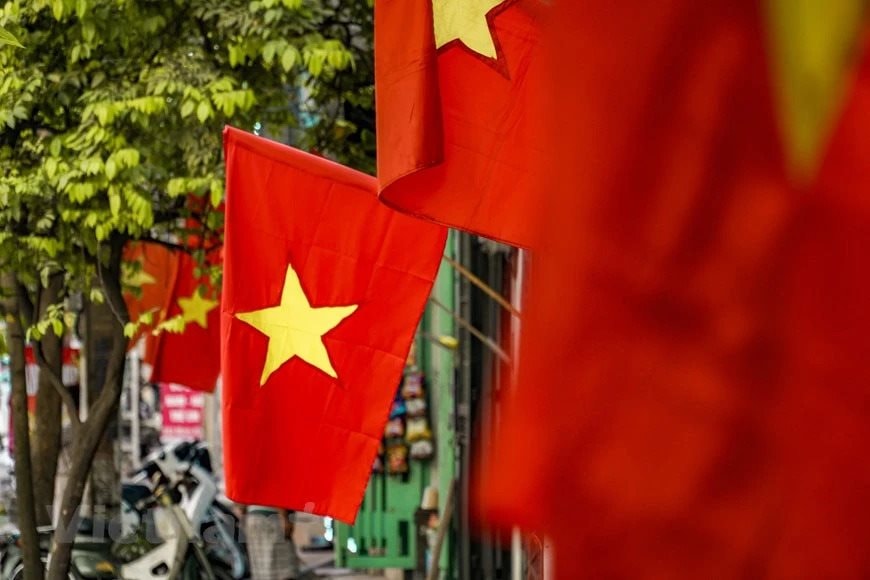
Vietnam’s most significant improvements in 2024 were in resilience and diplomatic influence, climbing one rank in each of these metrics.
With its available resources, Vietnam exerts more influence in the region than expected.
Specifically, in 2024, Vietnam made the most gains in diplomatic influence (+3.3). In other categories, Vietnam improved in cultural influence (+1.9), future resources (+1.8), economic relations (+1.6), military capability (+1.5), and economic capability (+0.8). The resilience score remained unchanged this year.

US, China, and India Lead the Rankings
The US tops the rankings this year. It continues to lead in six out of eight indicators. Similar to 2023, the US is first in future resources, resilience, defense networks, cultural influence, economic capability, and military capability. China maintains its lead in economic relations and diplomatic influence.
China is ranked second overall. The Lowy Institute ranks China highest in two aspects: economic relations and diplomatic influence. China consistently tops the rankings in economic relations, reflecting its strong trade and investment ties with other regional countries.
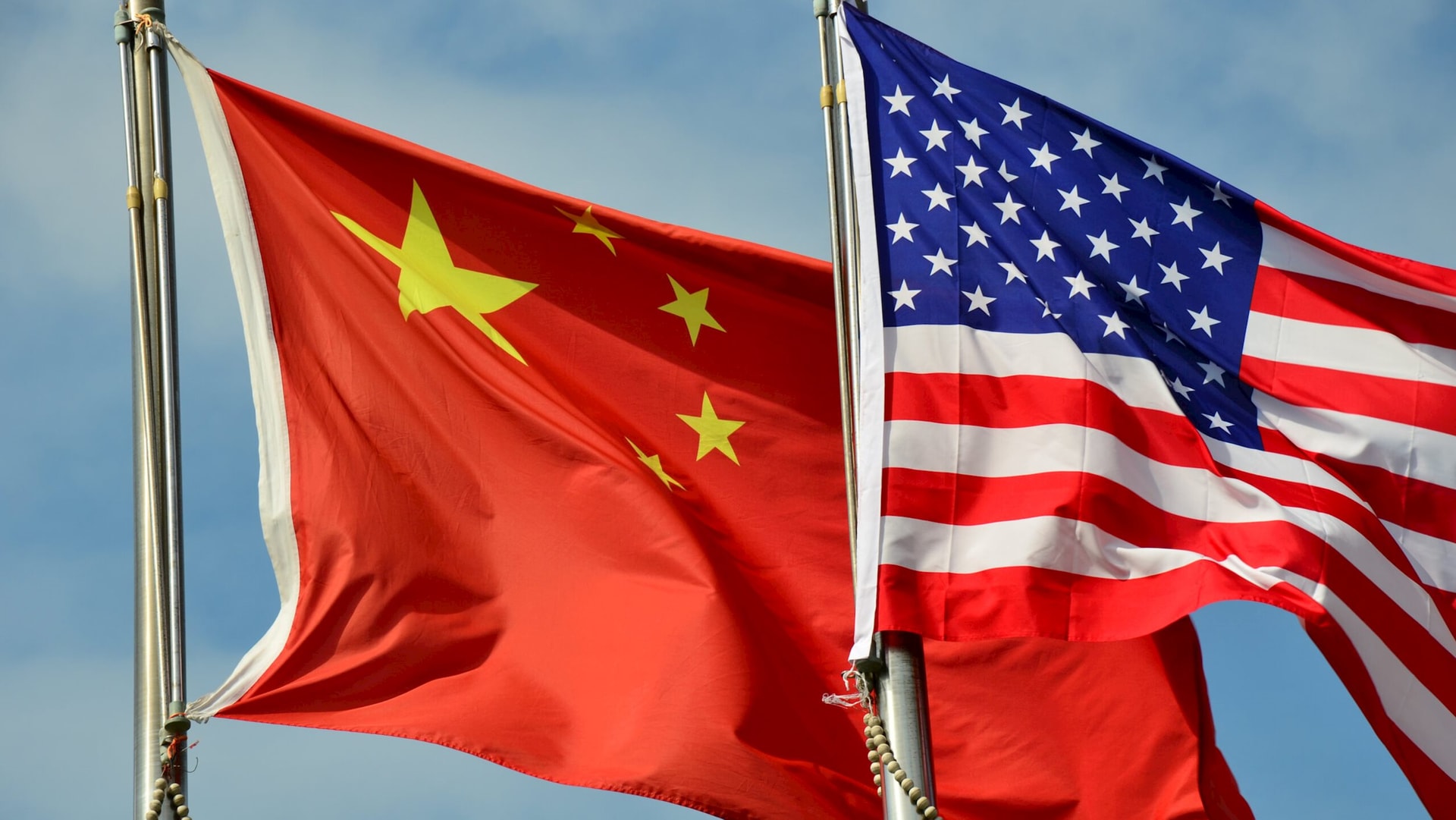
The US and China are the leading powers in Asia.
Following are India and Japan. In 2024, India surpassed Japan to become the third most powerful country in Asia, gaining 2.8 points. This is the first time India has increased its overall power score, although it is still slightly below its 2018 and 2019 scores.
While Japan’s overall power score increased by 1.6 points in 2024, it was surpassed by India for the first time, causing its ranking to drop from 3rd to 4th. Japan scored highest in diplomatic influence, ranking 2nd in 2024, pushing the US to 3rd place.
In 2024, Australia’s power score increased by 1.0 points, overtaking Russia to become 5th in the rankings.
Australia is highly regarded for its defense capability, ranking 2nd in this metric, although its score has relatively decreased over the past three years due to the progress made by other countries, notably Japan.
Australia’s weakest score is in future resources, where it ranks 9th. This reflects the country’s smaller relative size in terms of economy and workforce by 2035 and 2050.

Russia improved its military capability score.
Russia’s total score decreased by 0.4 points in 2024, making it one of only three countries to record a decline. It dropped to 6th place, overtaken by Australia.
Russia improved its military capability score. However, its rankings for five other factors declined: economic capability, resilience, economic relations, defense networks, and cultural influence.
Despite the significant decline, Russia’s resilience remains strong, ranking 3rd. This reflects the country’s established nuclear deterrence and relatively secure resource endowment.
Following Russia is South Korea. The country’s total score increased by 1.5 points in 2024, ranking 7th and closing in on Russia.
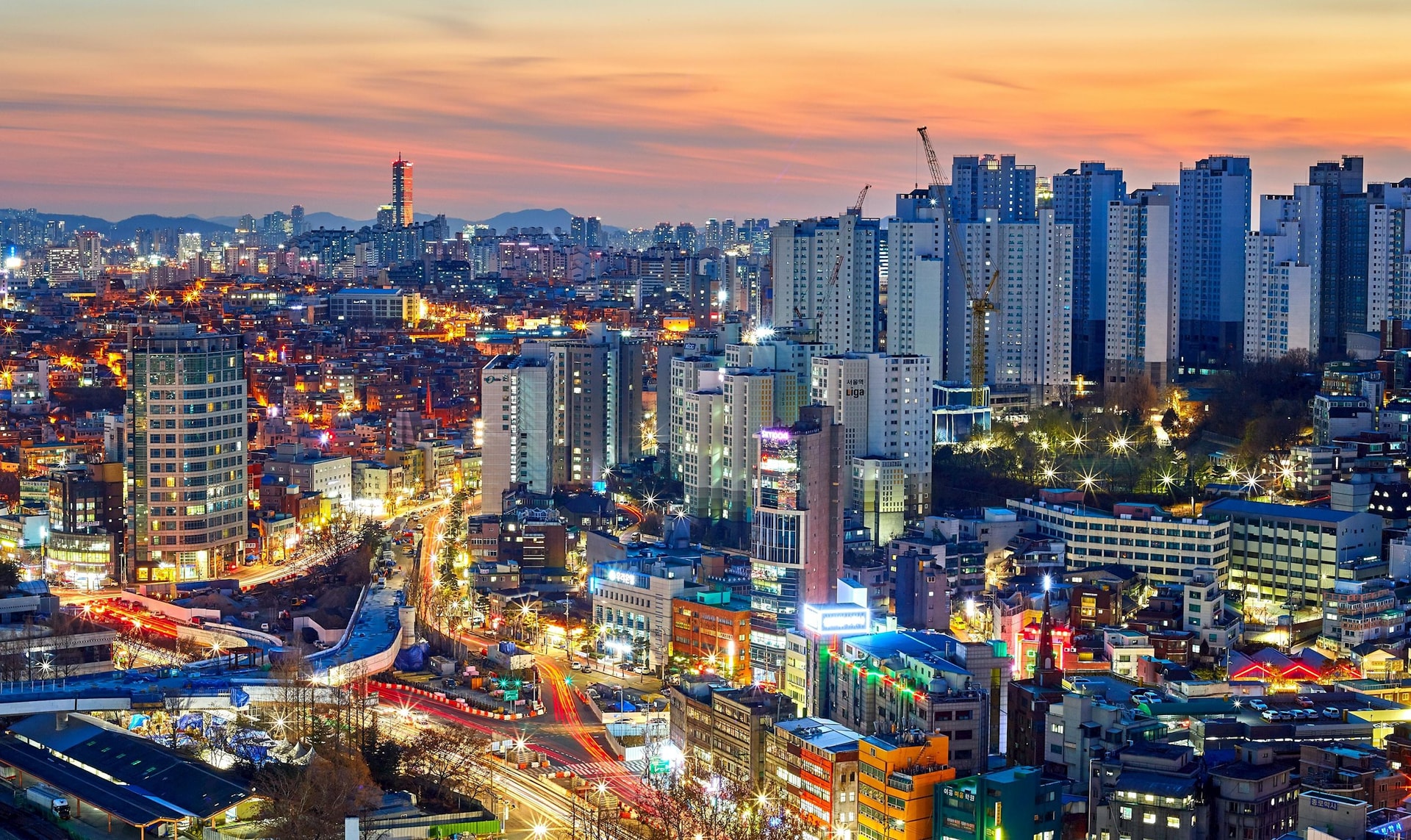
South Korea is one of Asia’s most prosperous nations.
South Korea’s strongest factor remains its defense network, ranking 4th, a result of its extensive defense cooperation with its ally, the US.
South Korea ranks 5th in four factors—economic capability, military capability, economic relations, and diplomatic influence—reflecting its position as one of the largest and most prosperous countries in Asia.
The First Cable-Stayed Bridge in Vietnam: Locally Designed and Constructed, Unlocking Provincial Isolation with Domestic Funding.
The project boasts an impressive investment of approximately 1,400 billion VND, with a breakdown of 58% state budget funds and 42% sourced through a Build-Operate-Transfer (BOT) scheme.
The Power of Delegation: Empowering Local Leadership for Efficient Governance
Inaugurating the Government’s law-themed session on the morning of September 23rd, Prime Minister Pham Minh Chinh emphasized the need to enhance decentralization and delegation of authority. He stressed that subordinates should not have to “ask” for permission from higher-ups for every minor matter and that decisions should be based on established regulations. The Prime Minister underscored the importance of empowering lower levels of government to make decisions independently, without having to seek approval from the central authorities for every trivial issue.
SpaceX Plans to Invest Billions in Vietnam in the Coming Years
SpaceX’s Senior Vice President, Tim Hughes, has stated that Vietnam is a highly promising market for the company’s satellite internet development plans. The corporation intends to invest billions of dollars in the country in the coming years, recognizing the potential for growth and expansion within the Vietnamese market.
The Golden Touch: Crafting Cultural Legacy with Every Piece of Jewelry
In the vibrant and competitive world of jewelry, each prominent brand must forge its own path to assert its dominance.


